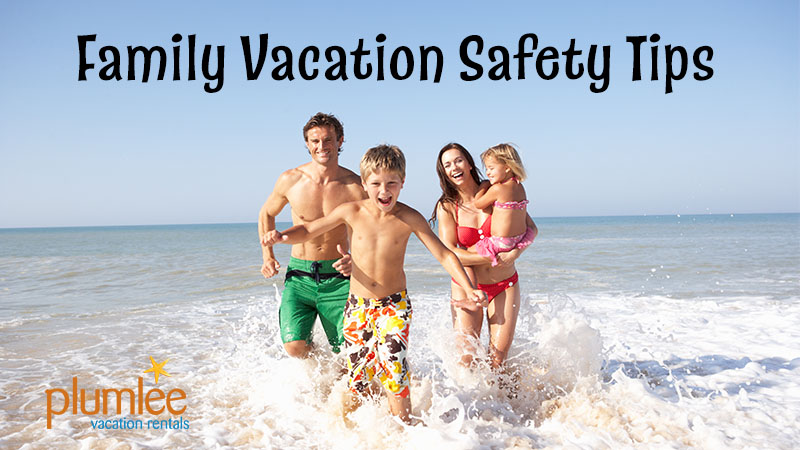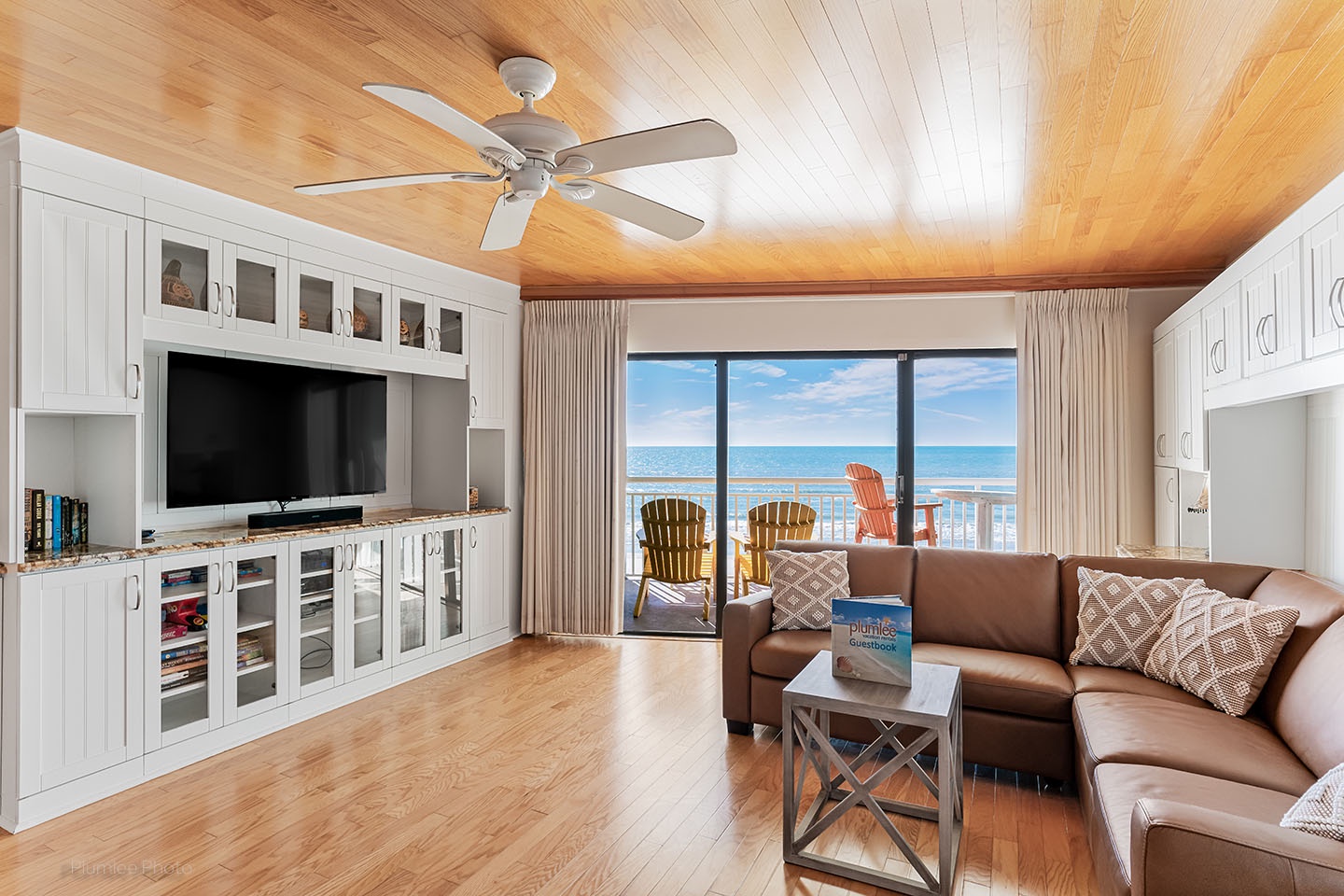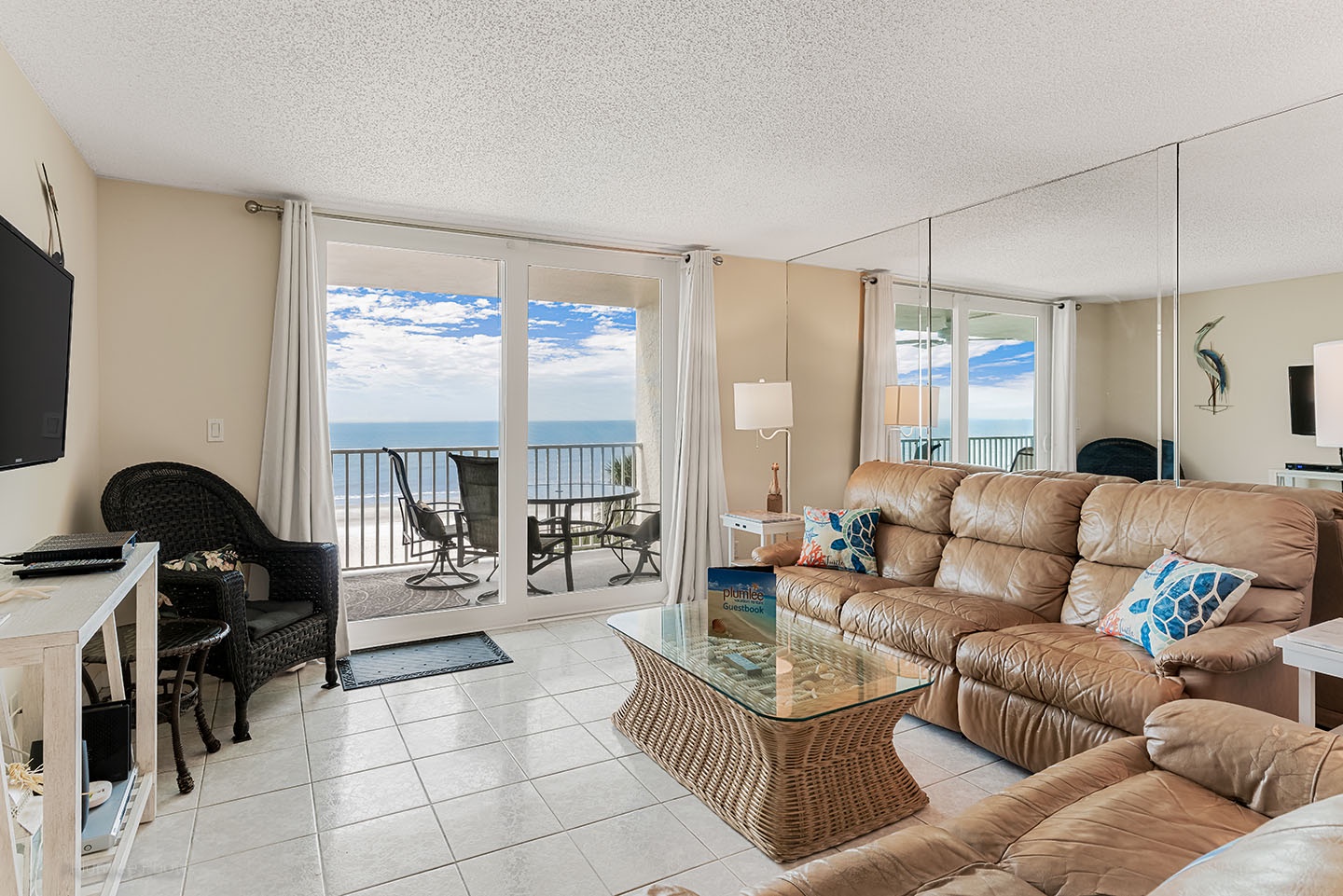
Family vacations are fun and exciting, but you may overlook the safety aspects of any trip in the hustle and bustle of preparing for your long-awaited getaway. Make these safety tips part of your vacation planning to ensure that everyone in your family has a good time, while also staying safe and secure when away. They only take a little extra advance preparation and are totally worth your peace of mind and your family’s safety.
Choose a Safe, Family-Friendly Vacation Destination
It’s important to do your research well before choosing your family beach vacation destination. You certainly want to vacation in a place that is safe and family-friendly. Familiarize yourself with the neighborhood you’re staying in and the surrounding communities. Get to know the crime rates well enough to decide if it’s a place you feel comfortable bringing your family to. Investigate other safety issues and look into feedback from others who have vacationed there to make sure there aren’t any red flags.
Opt for Safe & Secure Accommodations
Of course you want to choose accommodations that are in a safe area and that inherently secure in and of themselves. Vacation rentals are perfectly suited for optimal safety and security. You have a little more control of your surrounding environment with less people sharing the same space as you. Your privacy is part of your security. If your rental has a security system, learn how to operate it and use it when you aren’t at your vacation home. Double check that all of your windows and doors are locked for added protection—and especially while you’re away. Keep your valuables in a safe, secure and discreet place—and locked up whenever possible.
Talk About the “What ifs”
You want to have open and informed discussion on safety and security protocol before your family vacation even starts. Have a family meeting to touch upon possible safety and security scenarios with your family members, and how best to address them. Role play what to do in various scenarios: What if you get lost? What if someone gets separated from the group? What if someone gets hurt? What do you do if a stranger approaches you? Use age-appropriate terms and make sure everyone in your family feels comfortable and equipped to deal with any issues that arise. This is best addressed before the vacation begins and can be reviewed upon arrival.
Plan Ahead for Medical Emergencies
Bring all of the necessary medications and prescriptions you’ll need during your vacation and keep them in a safe place and well marked. Put together a travel emergency kit with over-the-counter medications, bandaids and bandages, antibiotic creams, and other basic items to have on hand in case you need them. Discuss what to do if a medical emergency arises and have emergency contact numbers available so your kids know where to find them.
ID Your Kids
Put your child’s identification information somewhere hidden but accessible if they need it. Use safety tattoos, metal bracelets or other kid-friendly identification aids—especially for the younger ones in your family. Don’t display your child’s name on clothing or too visibly on other personal items. You want your child to know where to find the contact information if they forget it, but not advertise it to the world. Take a mental picture or an actual one of what each of your child is wearing each day. It’s a good way to ensure you can spot them easily or give a description if they get lost or wander from the group.
Review the (Vacation) House Rules
Don’t assume your kids know what is expected and what the boundaries are while on vacation. Go over the usual rules and any special exceptions, considerations or reminders they might need while away on vacation. Answer any questions your kids may have on what’s expected and clarify any gray areas the best you can. Don’t leave your younger kids unattended, even for a short time. Even older kids and teens should not venture out alone in an unfamiliar place. If they do, be sure to have them check in and communicate with you frequently.
Don’t Share Too Much on Social Media
This is a hard one in the age of social media sharing. You are excited to be in a beautiful place and want to share your vacation adventures with your friends and family, but you also want to be careful about divulging too much information while you’re away. Kids and teens don’t always think about this aspect of safety but it’s one to take seriously. Talk about why it’s not wise to share your exact location in real-time on social media platform, particularly if you have limited privacy settings or share your information with the general public. Best safety practices are to wait and share your vacation pictures and adventures on social media outlets like Facebook, Instagram, SnapChat and Twitter once you get back home. You just don’t want to take a chance on the wrong person knowing you’re away from home or knowing the exact location of where you’re staying while on vacation. Never post any pictures that indicate an address or a place where your kids are that might invite a dangerous situation with the wrong person.
Open communication and discussion are key elements to be preventive and proactive on your family vacation. The time spent is well worth the peace of mind and protection of your most valuable and beloved possessions—your family.
The beach communities of Indian Rocks Beach and Indian Shores are small, safe and welcoming family-friendly vacation destinations. Learn more about what they have to offer and then start planning your next gulf beach vacation knowing that your family is in good hands. You can speak to one of our local Reservationists who know the area firsthand by calling +1 866-921-1166.
Plan Your Florida Gulf Coast Vacation




